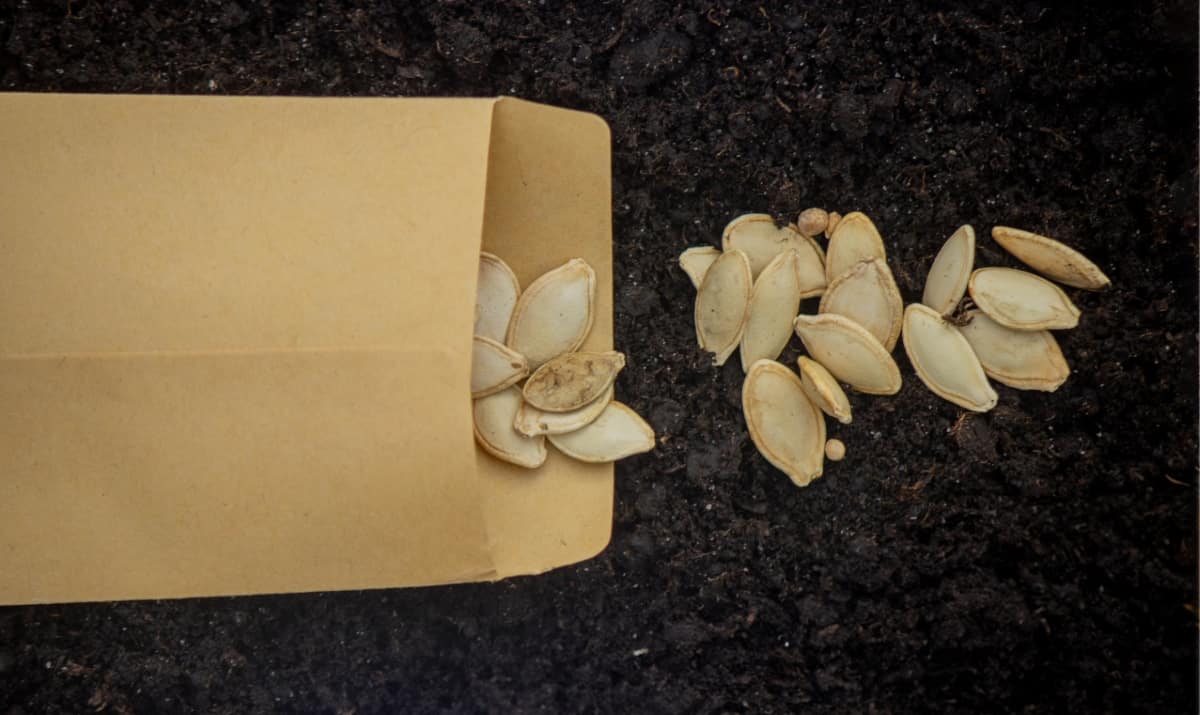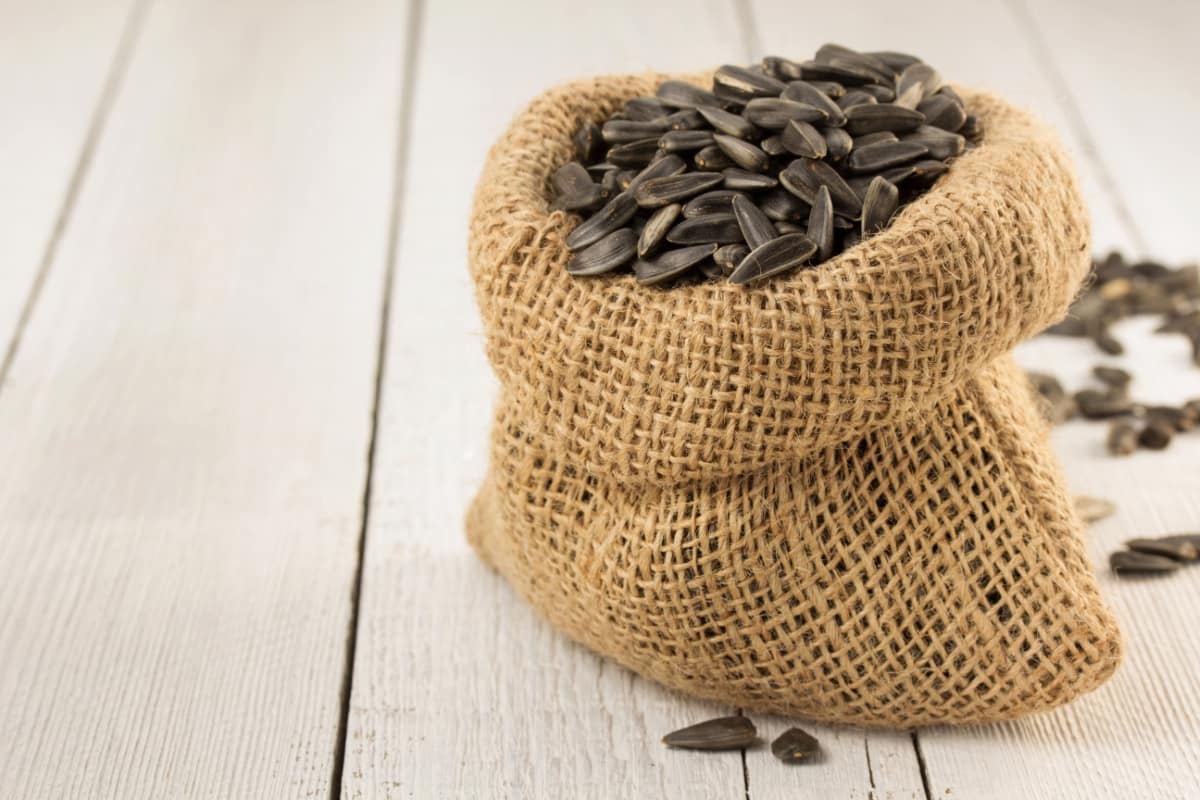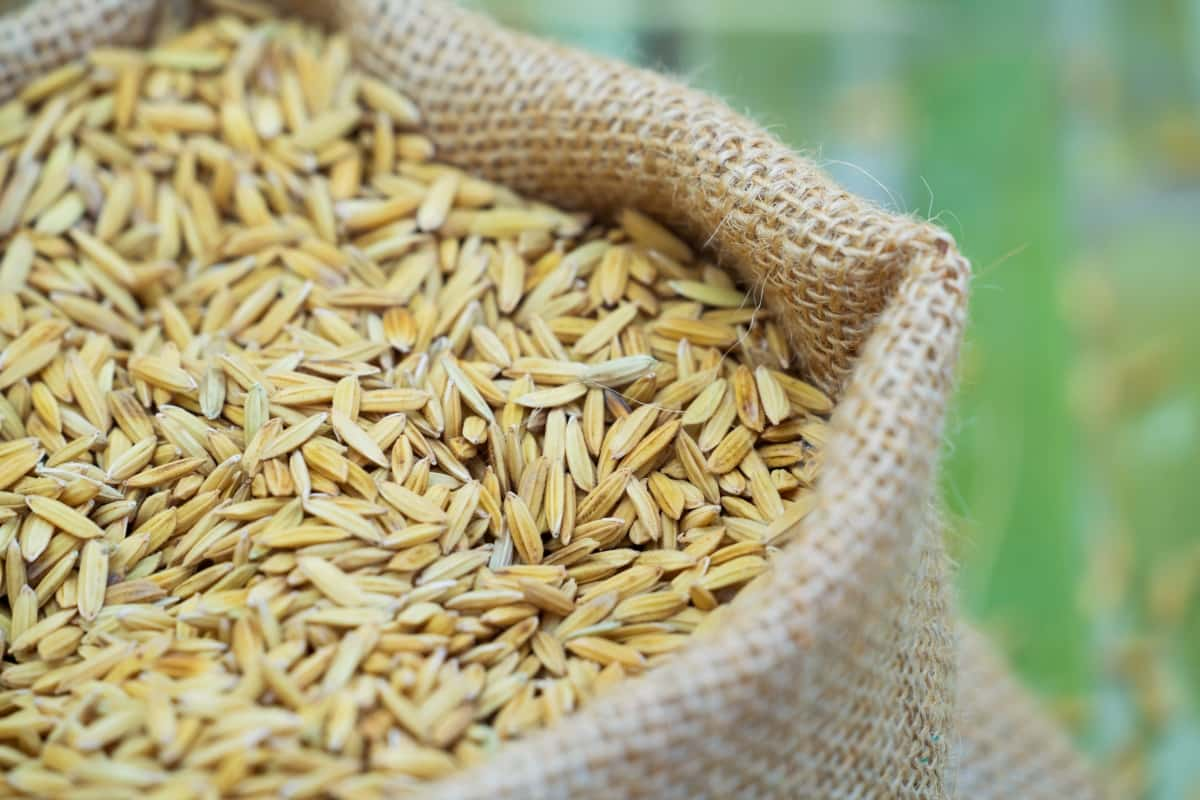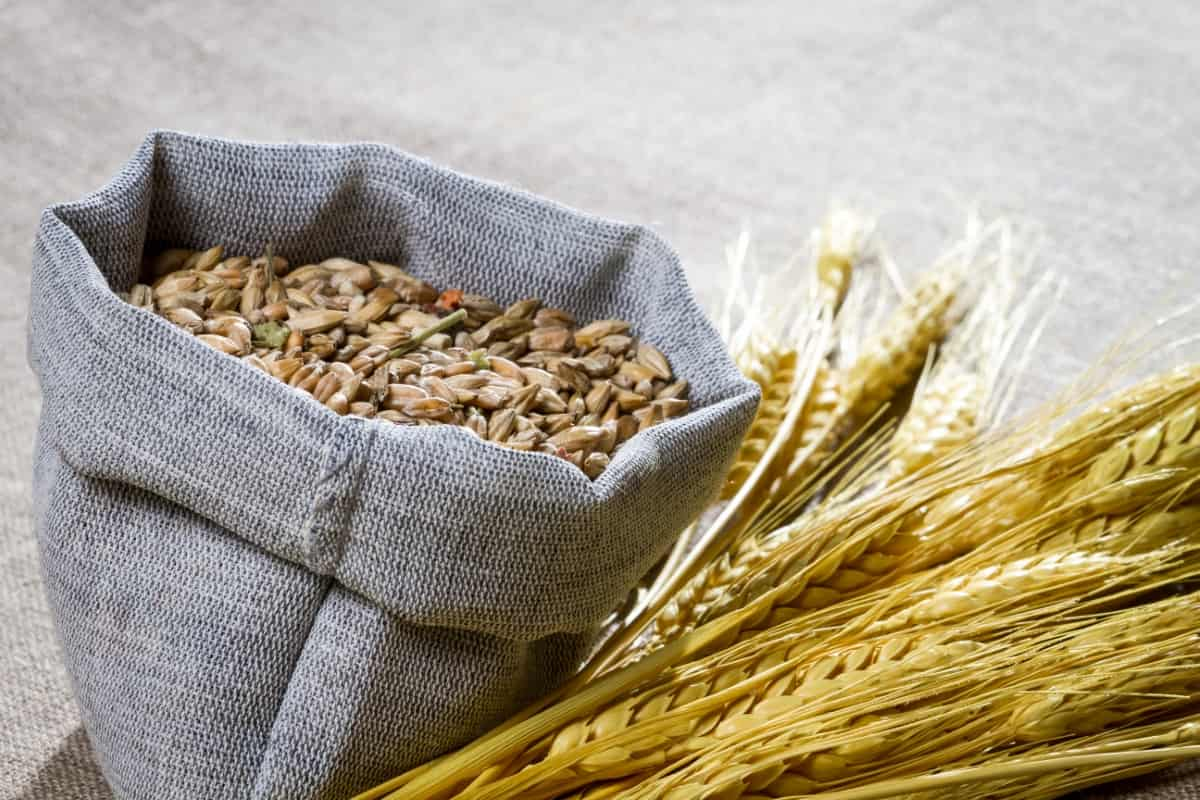In the vast expanse of India’s agricultural landscape, seed subsidy schemes play a pivotal role in fostering sustainable farming practices and ensuring food security. These initiatives are not just about providing financial assistance to farmers but are instrumental in transforming the agricultural sector. In this comprehensive guide, we’ll delve into some of the prominent seed subsidy schemes in India, exploring their objectives, impact, and how they contribute to the nation’s agricultural development.

Seed Subsidy Schemes in India
National Horticulture Mission (NHM) Seed Subsidy Scheme
The NHM Seed Subsidy Scheme is a beacon of Diversity in India’s agriculture. Aimed at promoting horticulture, this scheme provides financial support to farmers for acquiring high-quality seeds. By encouraging the cultivation of fruits, vegetables, and flowers, NHM contributes to enhancing farmers’ income and meeting the growing demand for diverse produce. The active involvement of farmers in selecting seeds and the transparent subsidy mechanism are the cornerstones of this scheme, fostering a sense of ownership and sustainability.
Rashtriya Krishi Vikas Yojana (RKVY) Seed Subsidy Scheme
Under the RKVY Seed Subsidy Scheme, the focus is on empowering different regions across India, tailoring agricultural strategies to the unique needs of each area. By subsidizing seeds, RKVY facilitates the adoption of advanced technologies and practices, ensuring that farmers can maximize their yields. This active approach to regional development has a cascading effect on the overall agricultural landscape, contributing significantly to the nation’s food production and economic growth.
National Food Security Mission (NFSM) Seed Subsidy Scheme
NFSM Seed Subsidy Scheme is a cornerstone in India’s mission to attain food security. With a primary goal of enhancing the production of rice, wheat, and pulses, this scheme subsidizes seeds to make them more accessible to farmers. By promoting the use of high-yielding varieties, NFSM not only ensures an abundance of staple crops but also works towards stabilizing their prices in the market. The scheme acts as a bulwark against food insecurity, laying the foundation for a resilient agricultural ecosystem.
National Mission on Oilseeds and Oil Palm (NMOOP) Seed Subsidy Scheme
In the quest for self-sufficiency in edible oil production, the NMOOP Seed Subsidy Scheme takes center stage. By providing financial assistance for oilseed cultivation, this scheme fosters a robust oilseed industry in the country. The active promotion of technology adoption and the use of certified seeds contribute to increased yields, reducing the dependency on oil imports. NMOOP is sowing the seeds for a homegrown oil revolution, ensuring both economic and nutritional benefits for the nation.
In case you missed it: Credit and Loan Subsidies for Indian Farmers: Agriculture Financial Support from Indian Government

National Mission for Sustainable Agriculture (NMSA) Seed Subsidy Scheme
NMSA Seed Subsidy Scheme is a visionary initiative aimed at transforming traditional farming practices into sustainable, climate-resilient models. By subsidizing seeds that are suitable for agroecological conditions, NMSA encourages farmers to adopt climate-smart practices. The scheme actively promotes organic farming and the use of indigenous seeds, fostering biodiversity and reducing the environmental impact of agriculture. NMSA is not just about ensuring a good harvest today but is sowing the seeds for a sustainable tomorrow.
Sub-Mission on Seeds and Planting Material (SMSP) Seed Subsidy Scheme
SMSP Seed Subsidy Scheme is the nurturing hand that guides farmers in the initial stages of cultivation. By subsidizing seeds and planting materials, SMSP ensures that farmers have access to the essential elements required for a successful crop cycle. The scheme places special emphasis on the quality of seeds, empowering farmers with the knowledge and resources needed to make informed choices. SMSP is the first step towards a bountiful harvest, setting the stage for agricultural prosperity.
Paramparagat Krishi Vikas Yojana (PKVY) Seed Subsidy Scheme
The PKVY Seed Subsidy Scheme creates a harmonious balance between innovation and tradition, making organic farming possible. By promoting the use of traditional and heirloom seeds, the scheme preserves agricultural biodiversity. The subsidy on organic seeds encourages farmers to adopt chemical-free farming practices, contributing to soil health and environmental conservation. PKVY is not just about cultivation; it is a journey that embraces the roots of agriculture while harnessing the power of modern innovations for a sustainable future.
Mission for Integrated Development of Horticulture (MIDH) Seed Subsidy Scheme
MIDH Seed Subsidy Scheme is an orchestration of integrated horticultural development, focusing on fruits, vegetables, spices, and flowers. By subsidizing high-quality seeds, MIDH empowers farmers to tap into the lucrative horticultural market. The scheme encompasses the entire horticultural value chain, from production to post-harvest management, ensuring a holistic approach to agricultural development. MIDH is not merely about cultivating crops; it is about cultivating a vibrant and flourishing horticultural ecosystem.
National Mission on Agricultural Extension and Technology (NMAET) Seed Subsidy Scheme
NMAET Seed Subsidy Scheme is a bridge that connects farmers with the latest agricultural technologies and practices. By subsidizing seeds, the scheme facilitates the adoption of cutting-edge technologies, ensuring that farmers are equipped to meet the challenges of modern agriculture.
In case you missed it: Types of Crop Insurance Subsidies in India by the Government

The emphasis on extension services ensures that knowledge is disseminated effectively, bridging the gap between scientific advancements and on-ground implementation. NMAET is sowing the seeds of agricultural innovation, empowering farmers to thrive in a dynamic and evolving landscape.
National Bamboo Mission (NBM) Seed Subsidy Scheme
The National Bamboo Mission (NBM) Seed Subsidy Scheme is a financial aid initiative in India aimed at promoting bamboo cultivation. It provides financial support to farmers for acquiring quality bamboo seeds, aiming to boost production and address environmental and economic concerns.
The scheme encourages farmers to adopt modern cultivation practices, ensuring higher yields and economic benefits. It emphasizes the importance of certified seeds and supports farmers in cultivating bamboo varieties suitable for diverse climates. The NBM Seed Subsidy Scheme contributes to the growth of the bamboo industry, promoting bamboo as a key player in India’s agricultural and economic landscape.
Frequently Asked Questions (FAQ) on Seed Subsidy Schemes in India
Do Seed Subsidy Schemes Incorporate Measures to Ensure the Quality of Seeds Distributed?
Yes, maintaining seed quality is a crucial aspect of seed subsidy schemes. Many initiatives include guidelines for using certified seeds, ensuring that farmers receive seeds that meet established standards for germination and crop performance.
Which Government Agencies are Responsible for Implementing Seed Subsidy Schemes in India?
Various government agencies, such as the Ministry of Agriculture and Farmers’ Welfare, are responsible for implementing seed subsidy schemes. Each scheme may have different administering bodies based on its specific focus and objectives.
In case you missed it: Agriculture Infrastructure Subsidies for Indian Farmers

Conclusion
India’s agricultural sector is a vibrant network of seed subsidy schemes, each aiming to transform agriculture into a dynamic and resilient force. These schemes, each with its unique focus and objectives, serve as beacons of hope, sowing seeds for a brighter future for Indian agriculture as the nation evolves.
- Feed Your Flock for Less: Top 10 Tips to Save on Chicken Feed
- Ultimate Guide to Ossabaw Island Hog: Breeding, Raising, Diet, and Care
- Hatching Answers: The Top 10 Reasons Your Chickens Aren’t Laying Eggs
- Eggs and Economics: Breaking Down the Cost of Raising Backyard Chickens
- Defend Your Greens: Proven Methods to Keep Iguanas Out of Your Garden
- Ultimate Guide to Cinnamon Queen Chicken: A Comprehensive Guide for Beginners
- Ultimate Guide to California Tan Chicken: Breeding, Raising, Diet, Egg-Production and Care
- Ultimate Guide to Marsh Daisy Chicken: Breeding, Raising, Diet, and Care
- 10 Types of Chicken Farming Businesses You Can Start for Profits